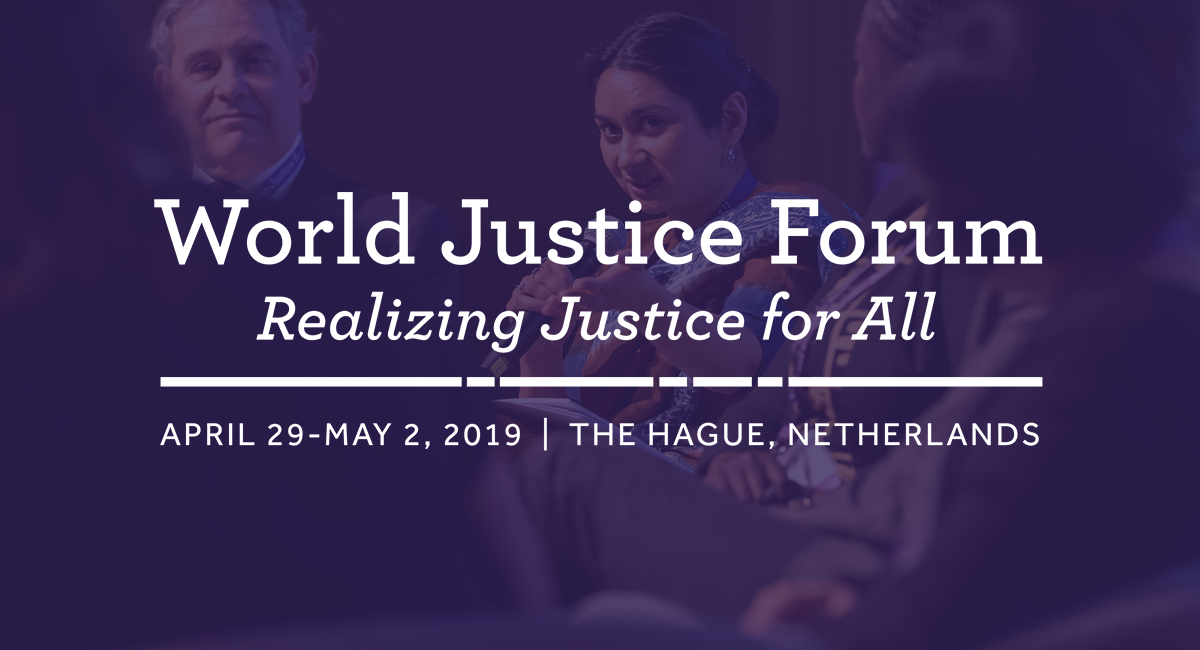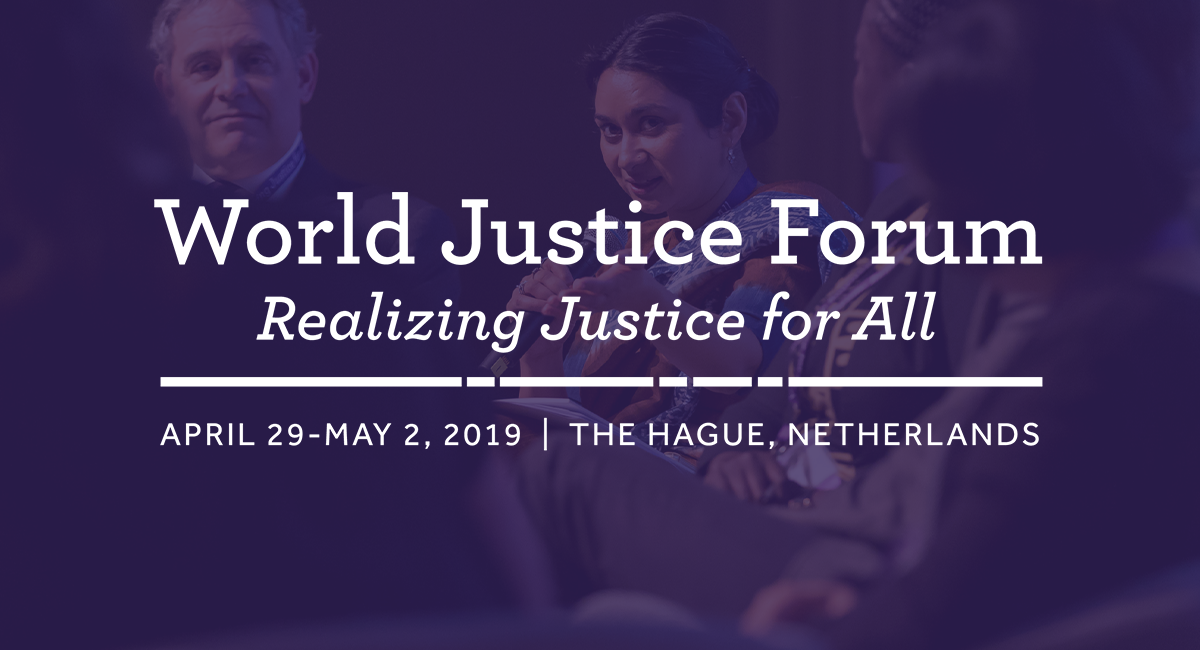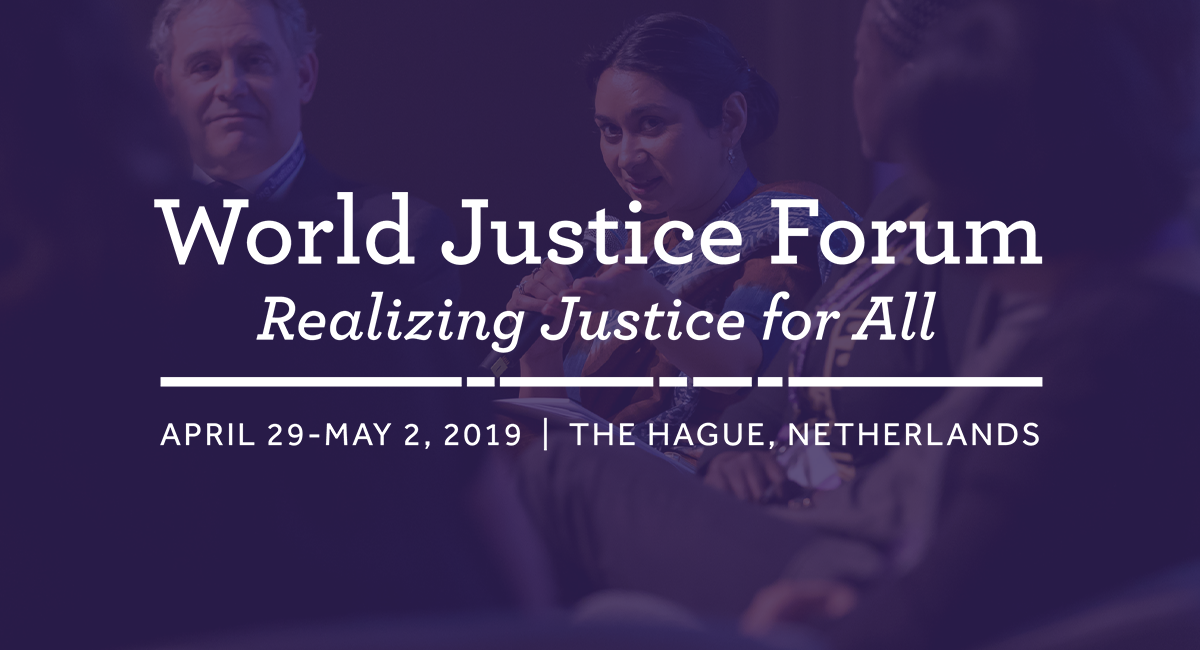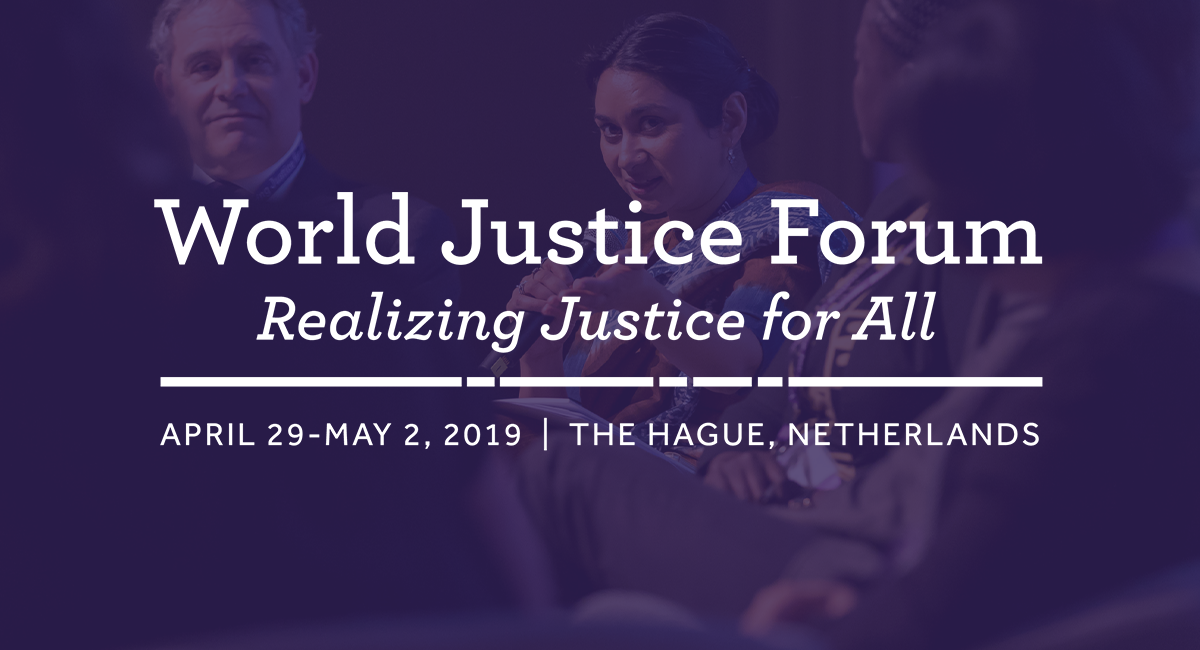Artificial intelligence is a subset of computer science that is trying to emulate human behavior, and presents numerous opportunities for solving justice problems. In a data-driven world, data transformations that integrate AI are a crucial way for organizations to enhance speed and accelerate time to value. Hewlett Packard Enterprise proposed the following road map for undertaking any data transformation: 1) Implement a modern data foundation (ingest, process, and manage a high velocity data pool.) 2) Transform data collected into insights 3) Predict and anticipate possible future events and support or automate decisions and actions applying AI. Once AI has been integrated into existing applications, it is fundamental that organizations do not allow their AI systems to remain static. The data used for AI processes needs to consistently be re-trained and supported. Finally, at the core of data transformation initiatives are ethical principles, such as the European Commission for Efficiency of Justice Ethical Charter, which organizations must refer to and abide by when integrating artificial intelligence into their work.
Read the full summary for this working session.
Additional Resources:

Working Sessions Summaries








